Years ago I was faced with a personal reality dilemma: an important life event was approaching. Expectations were high. Tensions were higher. There was something I was expected to do but couldn’t. The interpretation was that I wouldn’t. Afterwards, there was plenty of hurt and ill feelings to go around.
Later, my friend, colleague and coach, Walt, told me that “A relationship with a fantasy (imagination unrestricted by reality) will break your heart every time you engage it. However, reality will only break your heart once.” What a powerful lesson! I was unable or unwilling to acknowledge what I had, either consciously or unconsciously, decided to not acknowledge. My choice or ability to see or not see was of no concern to the reality. While the lesson was valuable taken at face value, it reminded me of how easy it is to see blind spots in others and how we, as individuals, are, well, often blinded.
blindspot: “the part of your mind that doesn’t know to know what you don’t know.”
Blindspots. The human eye gives the brain an accurate picture of what’s going on in the world. Yet, there are limitations. Many assume that what they see is actually what’s out there. That’s not entirely true. Each human eye has a blind spot, and the brain sometimes has to fill in what is there by looking at the surrounding area. You don’t see as much of the world as you think.
Anatomically speaking, a blindspot is the point where the optic nerve enters the eye’s retina. There are no photoreceptors in this nerve-head, therefore there is no image detection in this area. This is a little like having to plug the power cable for a TV directly into the screen.
The Urban Dictionary defines blindspot as “the part of your mind that doesn’t know to know what you don’t know.” Close enough.
Try this simple exercise: Write your response to the following, “Tell me about your current reality.” What’s going on in your world? What are you facing? Why does it concern you? Why is it a problem? An opportunity? What can you do about it? What are the driving forces and restraining forces that are in play? What are you dong to make it worse? Better? What’s your worst fear? What’s your highest hope? What would you really like to avoid? What’s the worst thing that can happen? Can you live with that outcome? Why or why not?
Capture your thoughts (yes, write them down). Did you gain any new insights? Now, if you’re up for it, find a trusted advisor and ask him or her to read it and give you some honest feedback. Let me know how you fared. Thanks!
In Other Words…
“Life is not a problem to be solved, but a reality to be experienced.” ― Søren Kierkegaard
“Reality is that which, when you stop believing in it, doesn’t go away.” ― Philip K. Dick, I Hope I Shall Arrive Soon
“Thinking something does not make it true. Wanting something does not make it real.” ― Michelle Hodkin, The Unbecoming of Mara Dyer
“Attachment is the great fabricator of illusions; reality can be obtained only by someone who is detached. ” ― Simone Weil
“If, then, I were asked for the most important advice I could give, that which I considered to be the most useful to the men of our century, I should simply say: in the name of God, stop a moment, cease your work, look around you.” ― Leo Tolstoy, Essays, Letters and Miscellanies
In The Word…
“Finally, brothers, whatever is true, whatever is honorable, whatever is just, whatever is pure, whatever is lovely, whatever is commendable, if there is any excellence, if there is anything worthy of praise, think about these things.” – Philippians 4:8


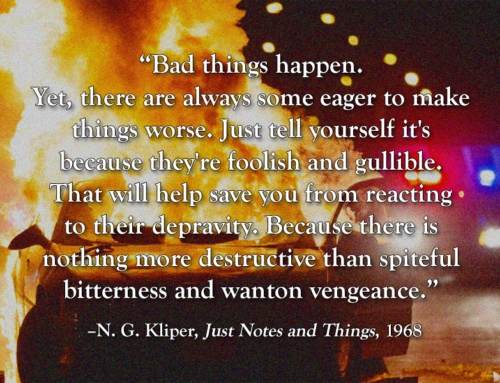
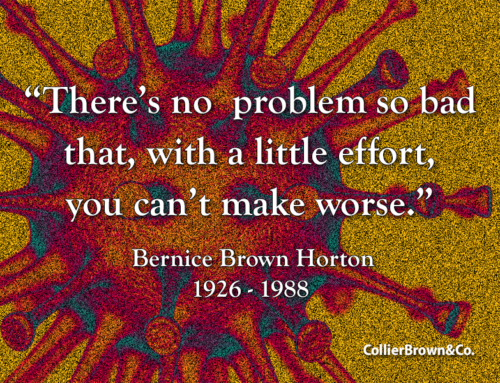
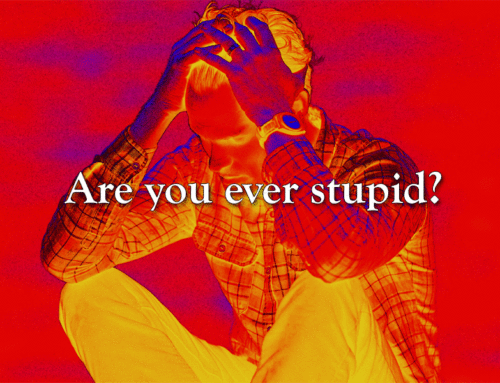
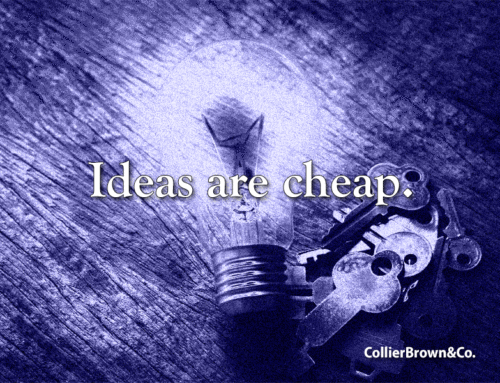
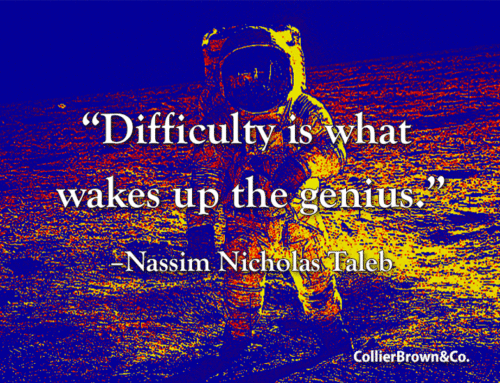
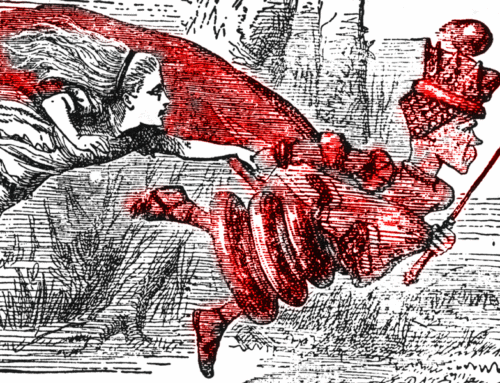
Leave A Comment